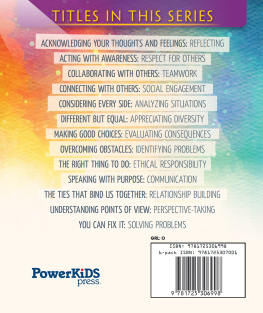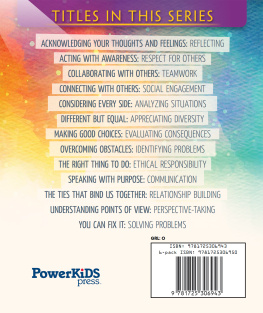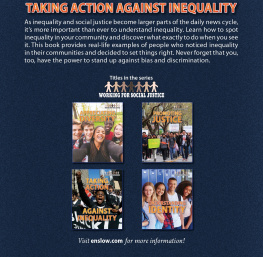
Published in 2020 by The Rosen Publishing Group, Inc.
29 East 21st Street, New York, NY 10010
Copyright 2020 by The Rosen Publishing Group, Inc.
All rights reserved. No part of this book may be reproduced in any form without permission in writing from the publisher, except by a reviewer.
Editor: Rachel Gintner
Designer: Michael Flynn
Photo Credits: Cover asiseeit/E+/Getty Images; cover, pp..
Library of Congress Cataloging-in-Publication Data
Names: Honders, Christine, author.
Title: Understanding points of view: perspective-taking / Christine Honders.
Description: New York: PowerKids Press, [2020] | Series: Spotlight on social and emotional learning | Includes index.
Identifiers: LCCN 2018059216| ISBN 9781725306998 (pbk.) | ISBN 9781725307025 (library bound) | ISBN 9781725307001 (6 pack)
Subjects: LCSH: Social perception--Juvenile literature. | Perspective (Philosophy)--Juvenile literature.
Classification: LCC HM1041 .H66 2020 | DDC 302/.12--dc23
LC record available at https://lccn.loc.gov/2018059216
Manufactured in the United States of America
CPSIA Compliance Information: Batch #CW20PK. For further information contact Rosen Publishing, New York, New York at 1-800-237-9932.
Contents
CHAPTER ONE
EVERYONE IS DIFFERENT
Everyone is different. Some people have brown hair. Some have yellow hair. Some have dark skin, and others have light skin. Were aware of these differences because we can see them. But what about the differences we cant see?
We cant read minds, so its impossible to know exactly what other people are thinking. Just because someone looks like you doesnt mean they think like you. Have you ever told a joke that you thought was funny, but your friend didnt laugh? You might have thought theyd think it was funny, too. But maybe something in that joke made your friend upset or angry. No matter how alike you are, your friends personal experiences may mean they see things differently. Being able to understand that people think and act differently even when theyre in similar situations is called having .

Having perspective is very important when youre talking with friends. It helps you understand that even though you like each other, you may not agree on everything.
CHAPTER TWO
WHATS PERSPECTIVE-TAKING?
Perspective-taking is a persons ability to see things through another persons point of view. That means putting yourself in someone elses shoes and understanding how they feel and why. You might think about how youd act in a situation and why its different from how theyre acting.
When you understand other peoples perspectives, you begin to understand why other people do what they do. You see that its important to consider other peoples feelings. You might change your behavior so you dont hurt others. You think very carefully about how you say something before saying it.
Kids who have trouble understanding others perspectives may seem selfish, which means they seem to think only about themselves. They dont worry about hurting other peoples feelings. It can be hard to be friends with someone like that. People like this may have trouble making and keeping friends.

If its your birthday and your family throws you a surprise party, youre going to act in a different way from the other party guests. Youll be surprised, but the other guests wont be, because they knew about the party.
CHAPTER THREE
ME FIRST!
growth in children. He said babies have only one perspective: their own. They believe the whole world centers on them. They think that other people exist just to take care of them.
Very small children see the world through their eyes alone. Everything is me first because they dont understand that other kids might want to be first, too. Every toy is theirs because theyre the only person in the world who matters.
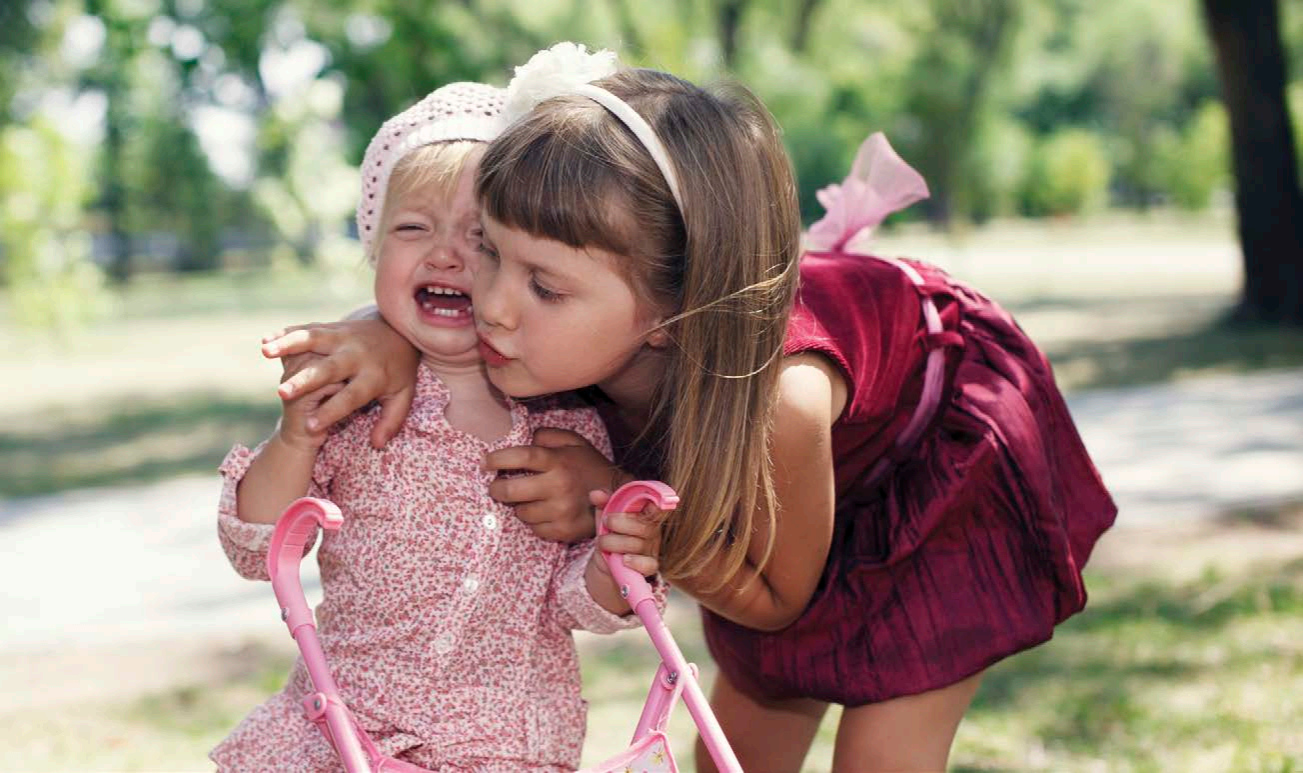
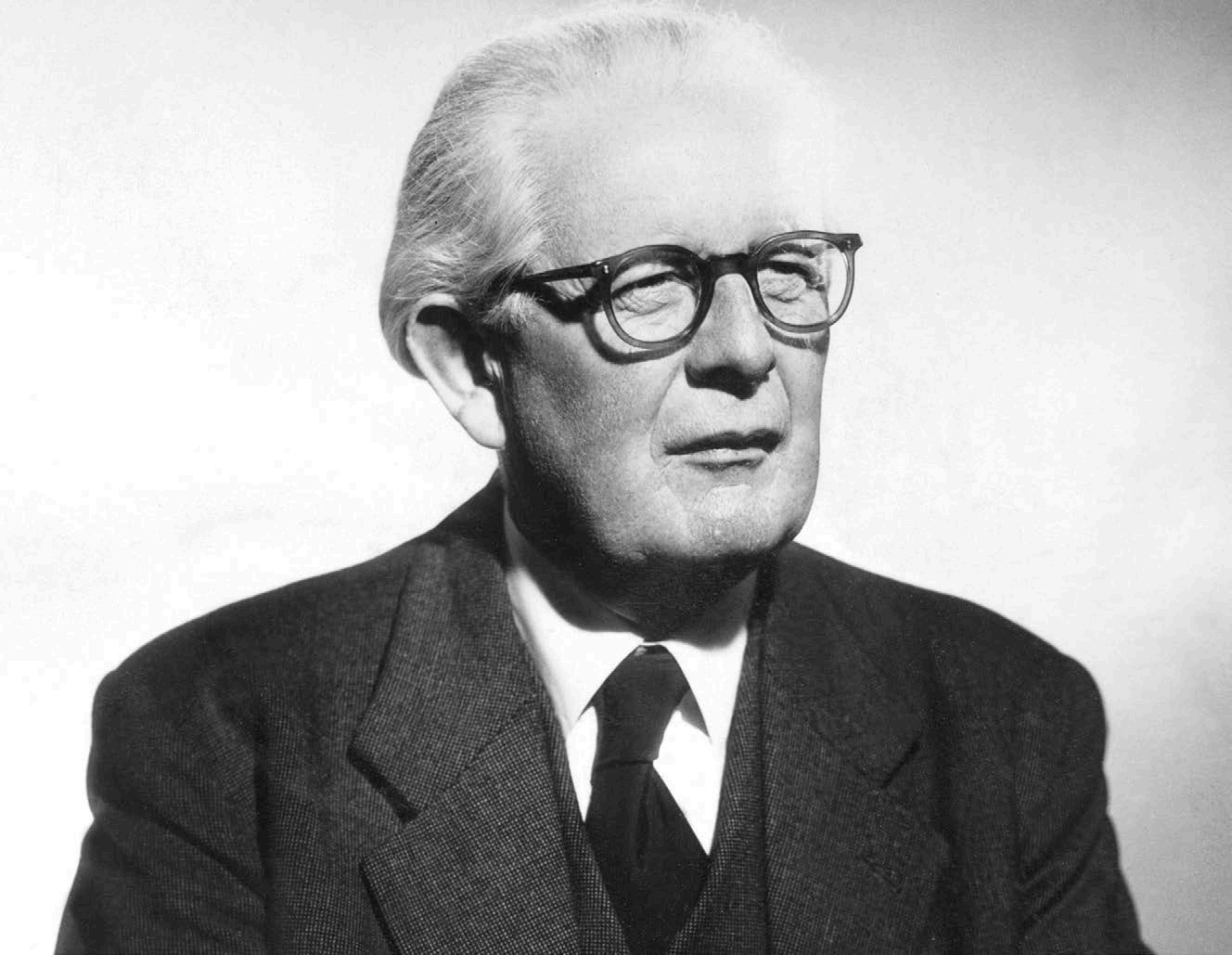
Jean Piaget, a Swiss psychologist, studied how children learn. He explained childrens habits. His work changed the way kids are taught in school today.
When theyre two or three years old, children begin to realize that other people have different . Young children may hear a baby cry and try to make the baby feel better. This is the first step in understanding other peoples perspectives. As you get older, you can use this understanding to guess what other people are thinking based on their behavior.
CHAPTER FOUR
THEORY OF MIND
When someone understands that other people have their own perspectives, that person has gained of mind. Having theory of mind means that person can think about and understand how someone else might behave.
Imagine a child and an adult are in a room. The adult puts a toy in a red box and leaves. Then, another adult comes in, takes the toy out of that box, puts it into a blue box, and leaves. The first adult comes back and wants the toy. Which box will they look in?
A child with theory of mind says that the first adult will look in the red box. They understand that the first adult believes the toy is still in the red box even though the child saw someone else put it into the blue box. The child understands the difference between what the first adult believes and what the child knows.

The red box, blue box task is called a false-belief test. Someone over age six who cant pass a false-belief test may have . Some people with autism find it hard to understand how others think.
CHAPTER FIVE
SOCIAL THINKING
Being social means spending time with others. We use social thinking when we communicate with other people. We think about the people around us and what were going to say. But social thinking isnt just useful when talking. We use social thinking whenever we share space with other people. Moving out of someones way while youre walking on the sidewalk is social thinking, too!
Social thinking happens all the time. When were alone, we might think about what weve said to other people. We might wonder if we should have said something different. Social thinking can happen before we meet someone. We imagine what well say when we do meet.
Most people want to be liked. Social thinking may cause us to change our behavior so that other people think well of us. Perspective-taking is one way to improve social thinking.
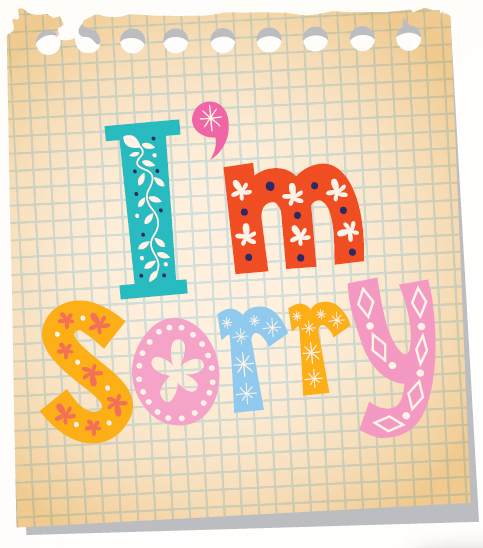

Being a social thinker means remembering that other people decide if they want to be around you based on your actions toward them. If you think youve upset someone, you might say that youre sorry if you want to change their social thinking about you.
Next page
